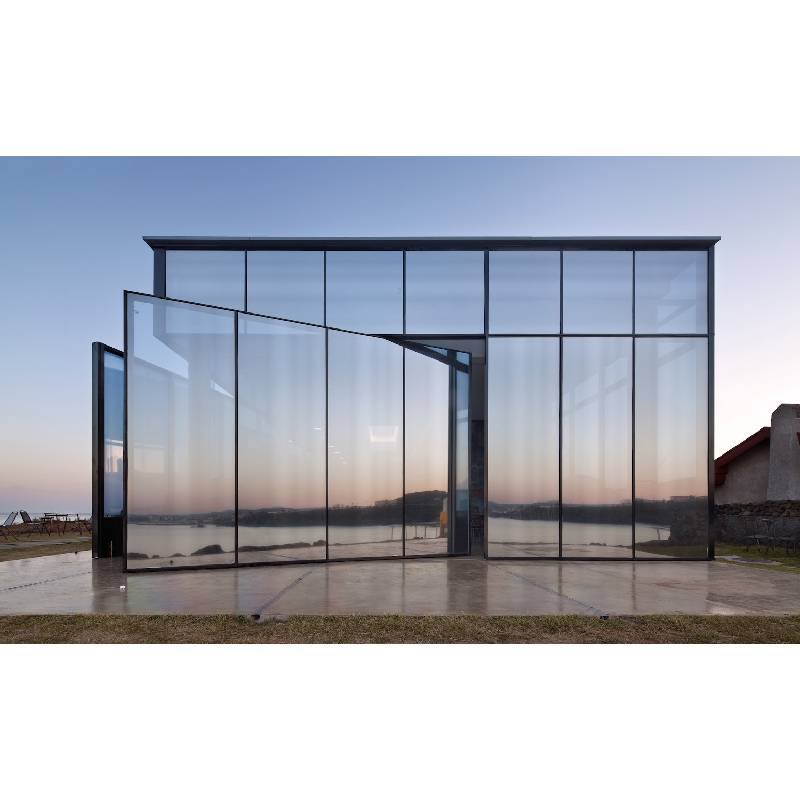

Understanding Insulating Glass Units Benefits and Applications
Insulating Glass Units (IGUs) play a crucial role in contemporary architecture and building design. They are commonly used in windows and facades to enhance energy efficiency, improve comfort, and contribute to the overall aesthetics of a structure. In this article, we will explore what insulating glass units are, their benefits, applications, and advancements in technology.
What are Insulating Glass Units?
An insulating glass unit typically consists of two or more panes of glass separated by a space filled with air or an inert gas like argon or krypton
. This design creates a barrier that reduces the transfer of heat between the interior and exterior of a building. The space between the panes is often sealed to minimize moisture intrusion, which helps maintain the integrity of the glass and enhances its insulating properties.The construction of IGUs can vary, with options including laminated glass, tempered glass, and low-emissivity (Low-E) coatings, which further improve thermal performance and overall efficiency. The thickness of the space between the panes can also be adjusted based on the specific insulation needs of a building.
Benefits of Insulating Glass Units
1. Energy Efficiency One of the most significant advantages of IGUs is their ability to reduce energy consumption. By minimizing heat loss in winter and heat gain in summer, these units help maintain a consistent indoor temperature, leading to lower heating and cooling costs.
2. Comfort IGUs not only improve energy efficiency but also enhance the comfort of indoor spaces. They reduce cold drafts and hot spots caused by temperature fluctuations, allowing for a more pleasant living or working environment.
3. Sound Insulation In addition to thermal insulation, insulating glass units also offer soundproofing benefits. The multiple panes and gas fill can significantly reduce noise transmission from the outside, making them ideal for urban environments or locations near busy roads.

4. Condensation Control Properly sealed IGUs help to minimize condensation on the interior surfaces of windows. This is particularly important in climates with significant temperature fluctuations, where humidity levels can lead to mold growth and degradation of building materials.
5. Aesthetic Versatility IGUs can be customized in various shapes, sizes, and finishes to meet design preferences and architectural requirements. This versatility allows architects and designers to create visually appealing facades without compromising on performance.
Applications of Insulating Glass Units
The use of IGUs is widespread in both residential and commercial construction. They are implemented in windows, curtain walls, storefronts, and skylights. In residential settings, IGUs enhance the energy efficiency of homes, which is particularly important for sustainability-focused builds, while in commercial architecture, they provide both aesthetic appeal and functionality in large-scale projects.
Moreover, as building codes become increasingly stringent regarding energy efficiency, IGUs have gained prominence in the construction industry. Many new buildings are designed with sustainability in mind, making IGUs an essential component in achieving Leadership in Energy and Environmental Design (LEED) certification and other green building standards.
Advancements in IGU Technology
The glass industry continuously evolves, with advancements in IGU technology aiming to further improve performance. Research is being conducted into advanced coatings that provide even greater insulation without compromising visible light transmission. Innovations such as dynamic glazing, which adjusts to changing light and temperature conditions, are also emerging, offering even more control over indoor environments.
In conclusion, insulating glass units are integral to modern building design, providing energy efficiency, comfort, noise reduction, and design flexibility. As technology continues to advance, IGUs will likely play an even more significant role in creating sustainable and comfortable living and working spaces. Their application not only meets current building standards but also contributes to a more environmentally friendly future. Embracing the benefits of insulating glass units is a step towards achieving energy-conscious construction and improving the quality of life in our urban environments.